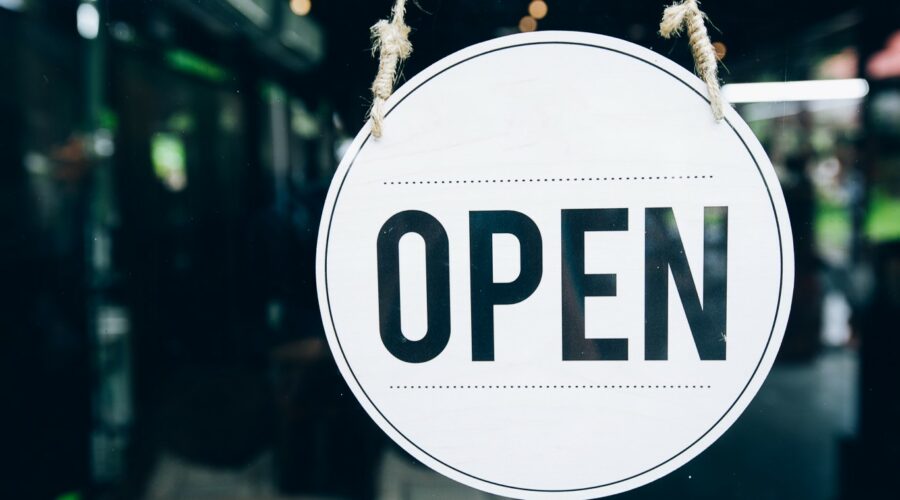Forgivable Loans to Small Businesses: Applications Reopening
Most COVID-19 era stimulus benefits have ended, but some small businesses in Maine could still get forgivable loans. Maine will soon open up a second application period for the Thrive Maine program, offering forgivable loans to small businesses that were impacted negatively by the pandemic.
Forgivable Loans To Small Businesses: Who Will Get Them?
Governor Janet Mills announced the opening of the “Thrive Maine” Program in September last year. The first round of applications closed in October 2022, and now the Finance Authority of Maine will soon start accepting applications for the second round.
“Thrive Maine is the latest way that my Administration is offering meaningful relief to small businesses to support their continued economic recovery,” Governor Mills said at the time.
Administered by the Finance Authority of Maine (FAME), the “Thrive Maine” program offers forgivable loans to small businesses and nonprofit organizations in Maine. The program is funded by the American Rescue Plan Act (ARPA), and its objective is to “strengthen the Maine economy through impactful investments in the future.”
To qualify for the forgivable loan, businesses must have witnessed increased costs, market interruptions, or losses because of the COVID-19 pandemic. Eligible businesses could apply for a loan of up to $2 million.
Businesses that are approved for the loan and continue to meet the terms of the program may have their loan fully forgiven over a four-year period. Under the first application cycle, 149 Maine businesses were awarded $26 million through forgivable loans.
The second application period will open on May 23, and remain open until June 23. Those who received the loan in the first cycle will not be eligible to apply in the second cycle.
Changes To “Thrive Maine” Program
The FAME has made changes to the program based on feedback from the first cycle. Changes have been made to the eligibility requirements and application questions. The second cycle features a new award process with a longer application period. Moreover, the second cycle doesn’t feature the first-come, first-served model.
Under the new process, applications will be scored based on eligibility criteria, the number of increased jobs and an impact statement. The cumulative score will decide who gets the forgivable loans.
The impact statement that businesses submit with the application will help determine the loan amount. Businesses need to demonstrate that they suffered a COVID-19-related negative economic impact of more than $10,000.
To determine the negative impact, businesses must not include any previously received federal or state pandemic relief, such as the Economic Injury Disaster Loans, Maine Small Business Grant funding and the Paycheck Protection Program.
Businesses and projects related to manufacturing, technology, construction and science industries will get priority, but all industries are encouraged to apply for forgivable loans to small businesses.
Visit www.famemaine.com/thrive for more information on forgivable loans to small businesses, including eligibility and application details.
This article originally appeared on ValueWalk
Sponsored: Tips for Investing
A financial advisor can help you understand the advantages and disadvantages of investment properties. Finding a qualified financial advisor doesn’t have to be hard. SmartAsset’s free tool matches you with up to three financial advisors who serve your area, and you can interview your advisor matches at no cost to decide which one is right for you. If you’re ready to find an advisor who can help you achieve your financial goals, get started now.
Investing in real estate can diversify your portfolio. But expanding your horizons may add additional costs. If you’re an investor looking to minimize expenses, consider checking out online brokerages. They often offer low investment fees, helping you maximize your profit.
Source: Read Full Article

